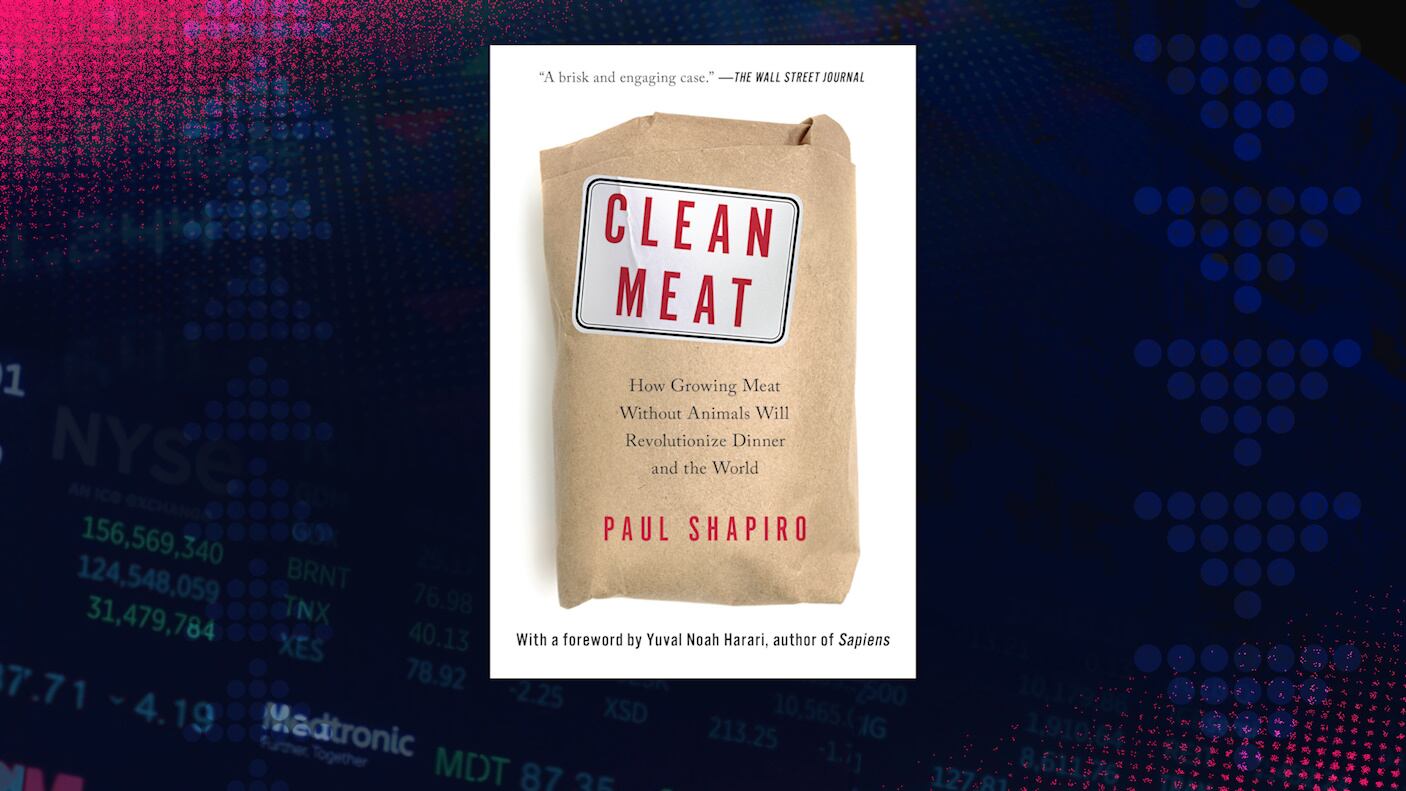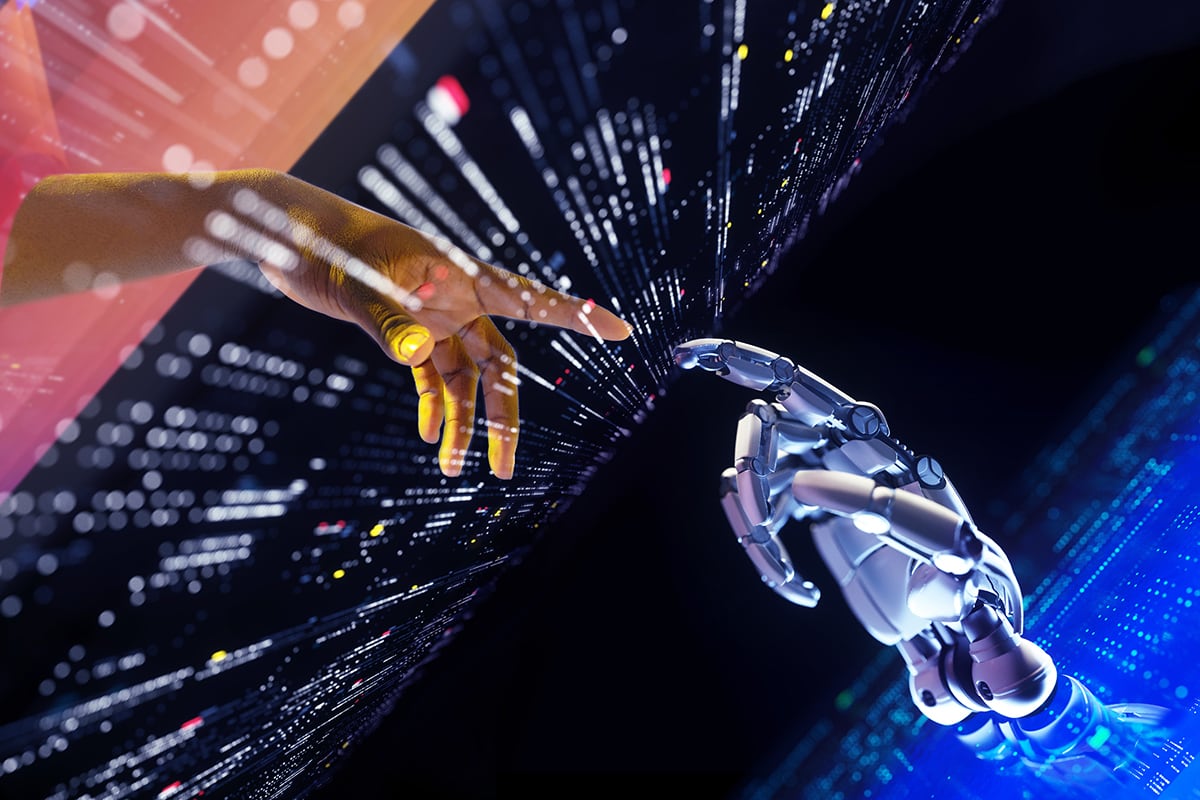*By Chloe Aiello* Self-driving innovators need to earn the trust of drivers ー and that starts with transparency, said Jack Weast, chief systems architect for Autonomous Driving Solutions at Intel. "We feel the industry has a responsibility to be more open and transparent about how the technology works, especially when it comes to decision- making, which is really at the heart of what it means to drive safely," Weast told Cheddar's Tamara Warren from the floor of the CES convention in Las Vegas. On the road, human drivers make countless instinctive choices: how and when to brake, how much distance to create behind other cars, and when and where to swerve. As autonomous settings in existing cars ー and eventually fully autonomous vehicles ー advance into the mainstream, machines will increasingly be grappling with those decisions. "We don't believe that that should be a black box that nobody can see or understand, but rather we should have transparency for consumers and governments alike to know why an autonomous vehicle is making the decisions that it's making, so we can all look at that and see do we agree," Weast said. Intel upped its autonomous ambitions when it [acquired Mobileye for about $15.3 billion in 2017](http://intelandmobileye.transactionannouncement.com/). As it looks to the future ー testing autonomous technology [on the streets in Israel](https://www.zdnet.com/article/ces-2019-intel-details-autonomous-vehicle-trial-in-israel/) and rolling out its tech for public transit in China ー the company is also considering how best to acclimate the public to sharing the roads with self-driving vehicles. Part of that is research. Weast said Intel is using universities around the world to study the different ways people drive so they can be recreated. The company will then test those learned behaviors on roads to see how other drivers react. Exposure is also important on an individual level, Weast said. "A lot of technology that is in automated vehicles of the future is starting to become available in vehicles that you can drive today," Weast said. "So as more consumers get day-to-day exposure on how advanced driver assistance is keeping them safe, we certainly hope that they'll make that link between a future, full autonomous future." But ultimately, Weast said, earning drivers' trust comes to to transparency, so that "when consumers see one of these vehicles, they are not as afraid of it, because they know a little bit more about how it works." For full interview [click here](https://cheddar.com/videos/building-trust-into-autonomous-cars).












